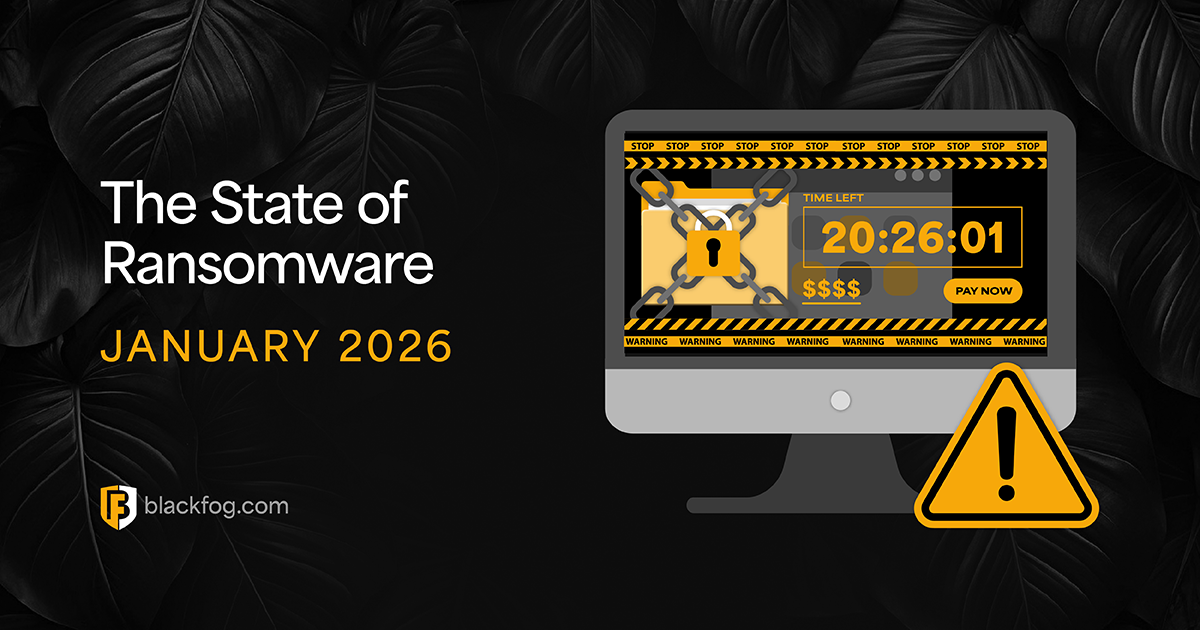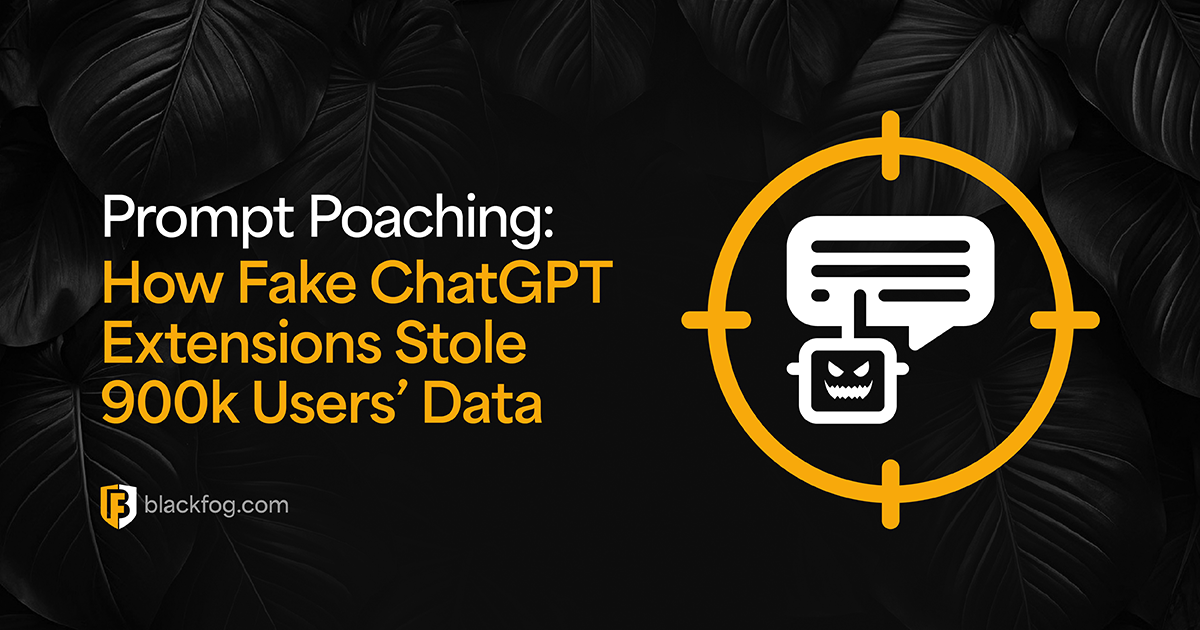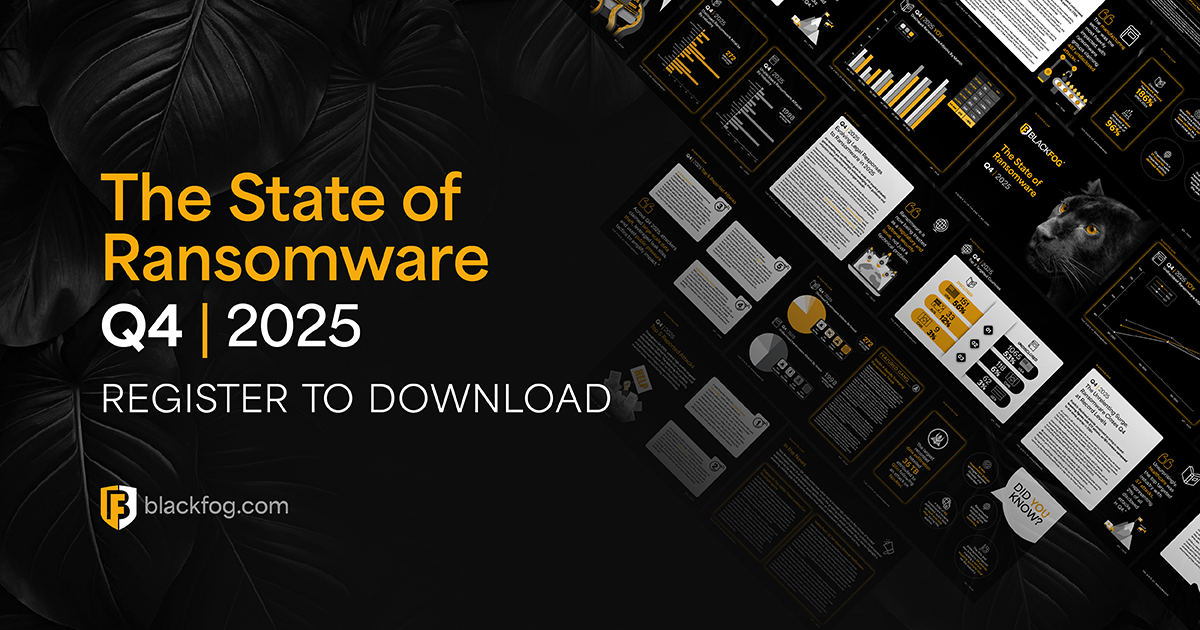
As initially reported on The Intercept, GCHQ (the UK Governments equivalent of the NSA) and the NSA were able to hack Kaspersky Software’s ant-virus software to track users and infiltrate networks. This information comes directly from documents released by Edward Snowden.
The hacked software was then used to monitor email and web traffic to obtain intelligence. The most interesting part of this story from BlackFog’s perspective is the way the software was hacked was to monitor the traffic originating from the end users computer and Kaspersky servers. Most anti-virus tools collect a lot of information on your computer and send it back to their central servers. This information contains uniquely identifiable data that can be used to track exactly who this user is and what they are up to.
Rest assured, this is precisely why BlackFog does not collect information on your computer and send it back to our networks and one of the founding principles we use to keep your computer secure.
For a more detailed report on this privacy breach please refer to the article below.
Click here for the full article as reported on The Intercept.
Share This Story, Choose Your Platform!
Related Posts
The State of Ransomware: January 2026
BlackFog's state of ransomware January 2026 measures publicly disclosed and non-disclosed attacks globally.
Prompt Poaching: How Fake ChatGPT Extensions Stole 900k Users’ Data
Two fake AI extensions hit 900k Chrome users, stealing chats, code and data – a stark example of Prompt Poaching.
Lotus C2 – A New C2 Framework Sold as a Cybercrime Kit
Learn how Lotus C2 enables credential theft, data exfiltration, and mass attacks, blurring red team and cybercrime lines.
Shadow AI Threat Grows Inside Enterprises as BlackFog Research Finds 60% of Employees Would Take Risks to Meet Deadlines
BlackFog research shows Shadow AI growth as 60% of employees accept security risks to work faster using unsanctioned AI tools.
The Void: A New MaaS Infostealer Targeting 20+ Browsers
Find out how Model Context Protocol (MCP) could be abused as a covert channel for data theft: five real risks, examples, and mitigations.
2025 Q4 Ransomware Report
BlackFog’s 2025 Q4 Ransomware Report - The Unrelenting Surge: Ransomware Closes Q4 at Record Levels






